By John O’Ceallaigh
Space and privacy are in abundance at Kisawa Sanctuary, another long-anticipated resort whose opening was much delayed by the pandemic. Soft launching this month on Benguerra Island in southern Mozambique, the property’s 22 bungalows straddle five kilometres of unblemished coastline and individually occupy an acre of land either within a sheltered cove or secreted up in the dunes. The surrounding Bazaruto Archipelago remains one of the least explored parts of the Indian Ocean, and its waters teem with humpback whales, dugongs, rays, dolphins, turtles and whale sharks.
It’s a beautiful but ambitious setting for a property with lead-in rates from €5,000 a night, but Kisawa founder Nina Flohr is confident that guests will come to love Mozambique just as much as she does – and she’s promising they can feel good about the contribution they’re making to the destination too. The Swiss entrepreneur and philanthropist first visited the country in 2013 and the impression it made on her was immediate and profound. As she told me last year when I interviewed her for Robb Report: “I have rarely seen a country so humble and rooted in tradition but also so innovative and embracing of new ideas… Mozambique’s nature is sublime. It is a place you have to visit to appreciate the scale of the environments, be that the size of the beaches, the number of birds or the height of the palm trees.”
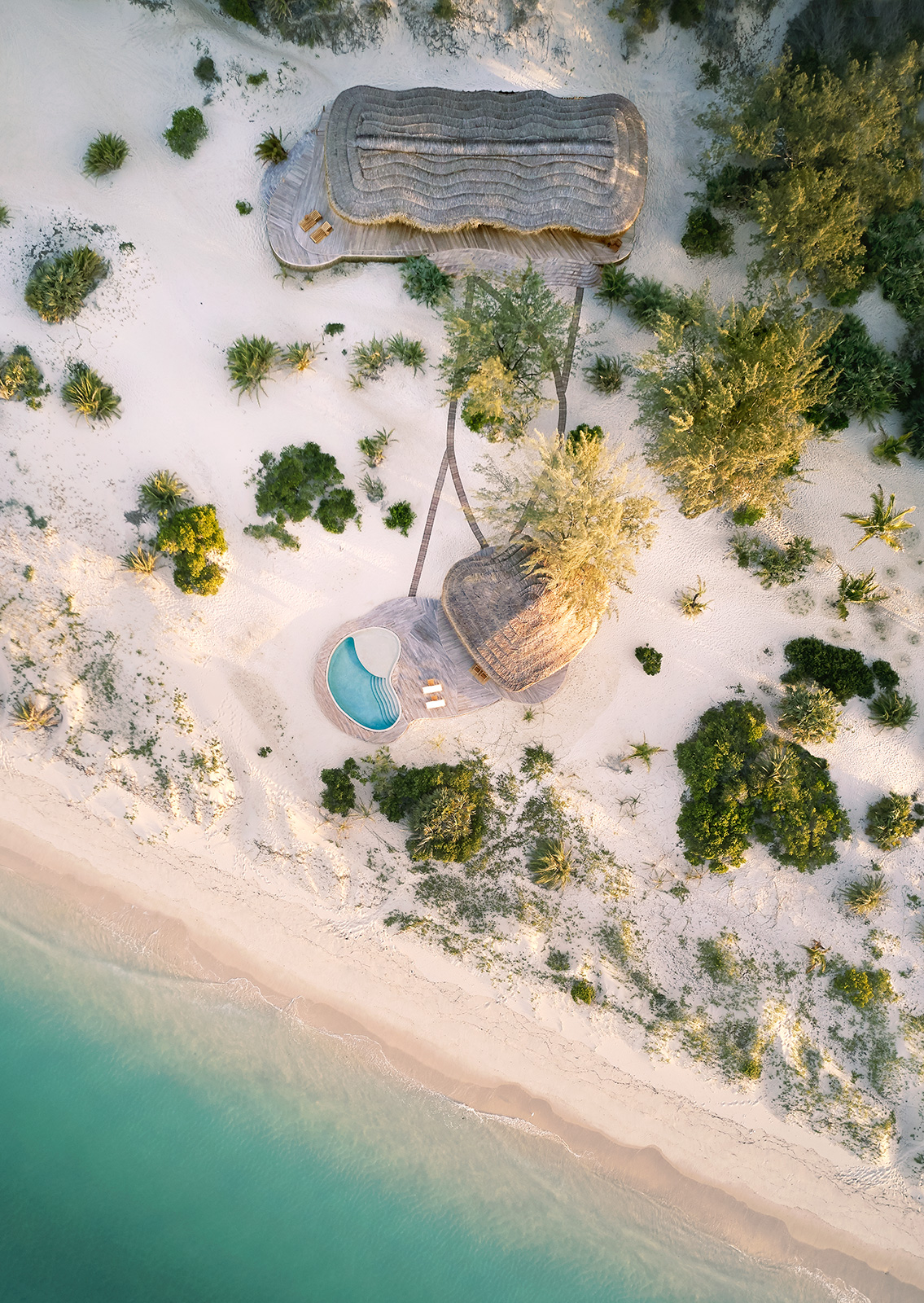
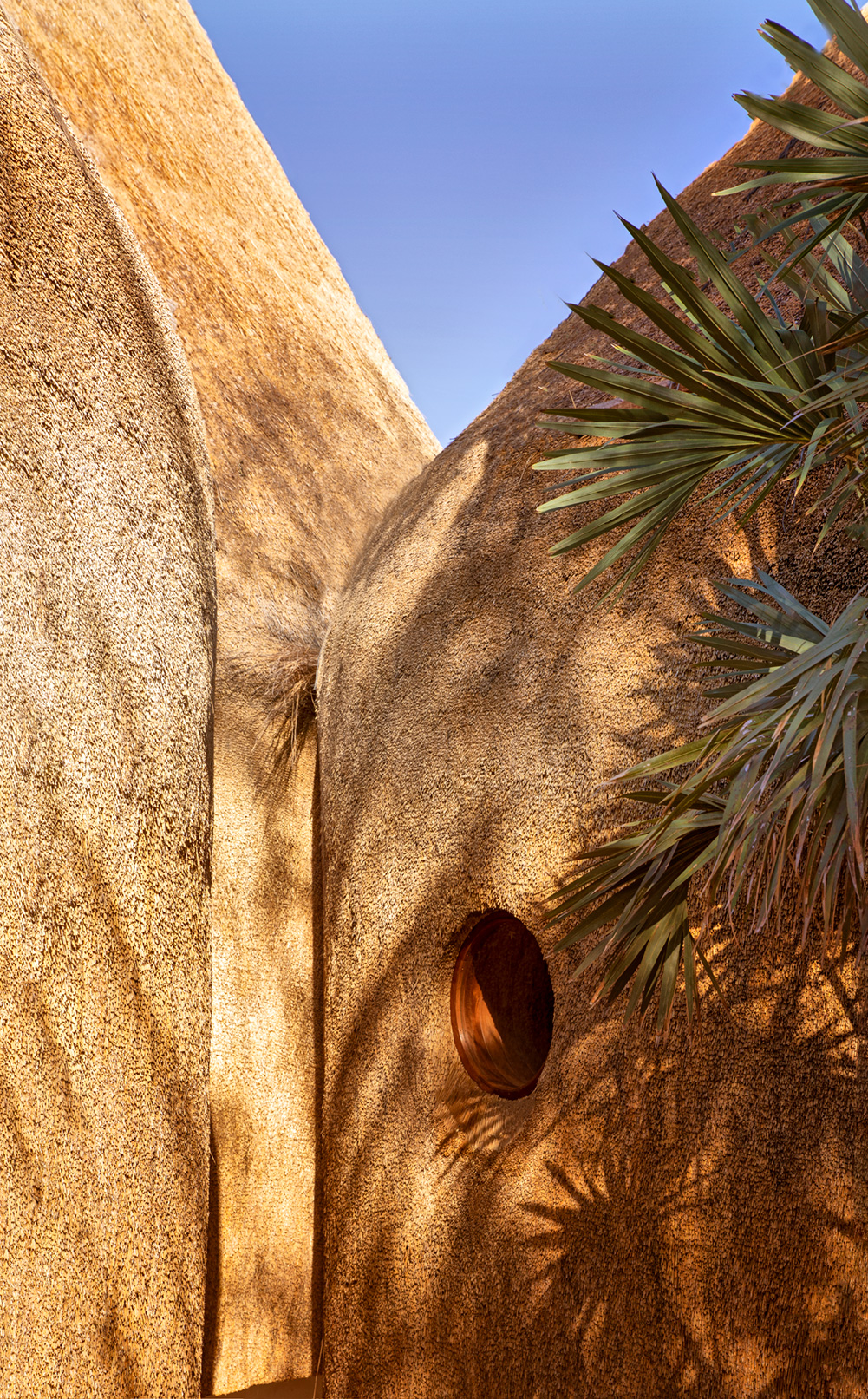

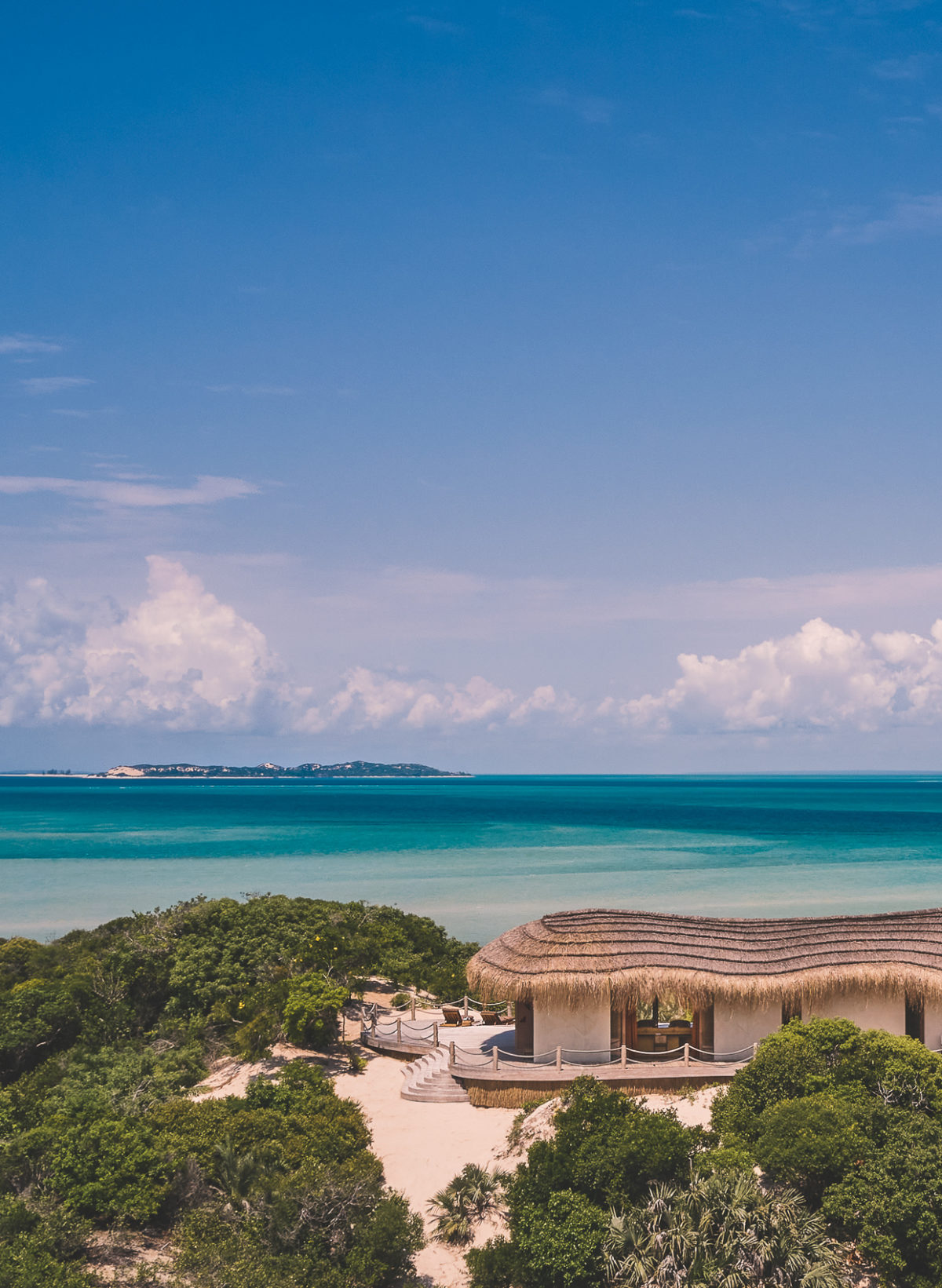
Kisawa Sanctuary will stand alongside the Bazaruto Center for Scientific Studies (BCSS), also founded by Flohr and Africa’s first permanent Ocean Observatory. Revenue from the for-profit resort will fund the non-profile research unit, which will monitor multiple ecosystems and ongoing climate change across the Western Indian Ocean. Kisawa’s guests will in turn benefit from this symbiosis because BCSS’s findings will additionally inform and enhance the experiences they can expect to enjoy at the resort. There’ll be opportunities, for example, to dive with marine scientists as they do reconnaissance work, or to tag sharks from the deck of a BCSS vessel. The Kisawa crew call these ‘resort to research’ initiatives.
Guests who have no interest in such expeditions will still find a creative and considered approach to sustainability woven into the fabric of the buildings that surround them. A patented 3D sand-printing technology, commissioned specifically for Kisawa and based on Benguerra Island, was used frequently in the resort’s construction to provide sand-based mortar for elements such as tiling and countertops. Interiors are commonly finished with crafts commissioned from local artisans and tradespeople, be they weavers, thatchers, carpenters or textile makers.
As the pictures show, the end result is simple, calm and beautiful, and rest and relaxation within the 300-hectare plot that contains Kisawa should come easy. While every one is unique, each bungalow offers its own infinity pool and includes vast living areas and inviting hand-carved stone bathtubs. Specialising in Chinese medicine and Ayurvedic offerings, the Natural Wellness Centre will offer personalised wellbeing programmes. There is also a high-tech Japanese lyashi dome sauna, fully equipped gym and Pilates facilities. When the resort fully opens in June, its seven culinary offerings will all concentrate on serving sanctuary-grown, zero-waste organic produce. Barraca restaurant will offer Mozambican dishes with South Indian flavours (it’s right by the beach and barefoot dining is encouraged); a mobile Pizza Tuk Tuk will rove the resort; private and customised dining experiences include intimate picnics in the dunes or sundowners sipped on a traditional Mozambican dhow. Guests will be able to zip from one setting to another in their own electric Mini Mokes, and a slew of staff will be on hand to deal with every enquiry or eventuality.
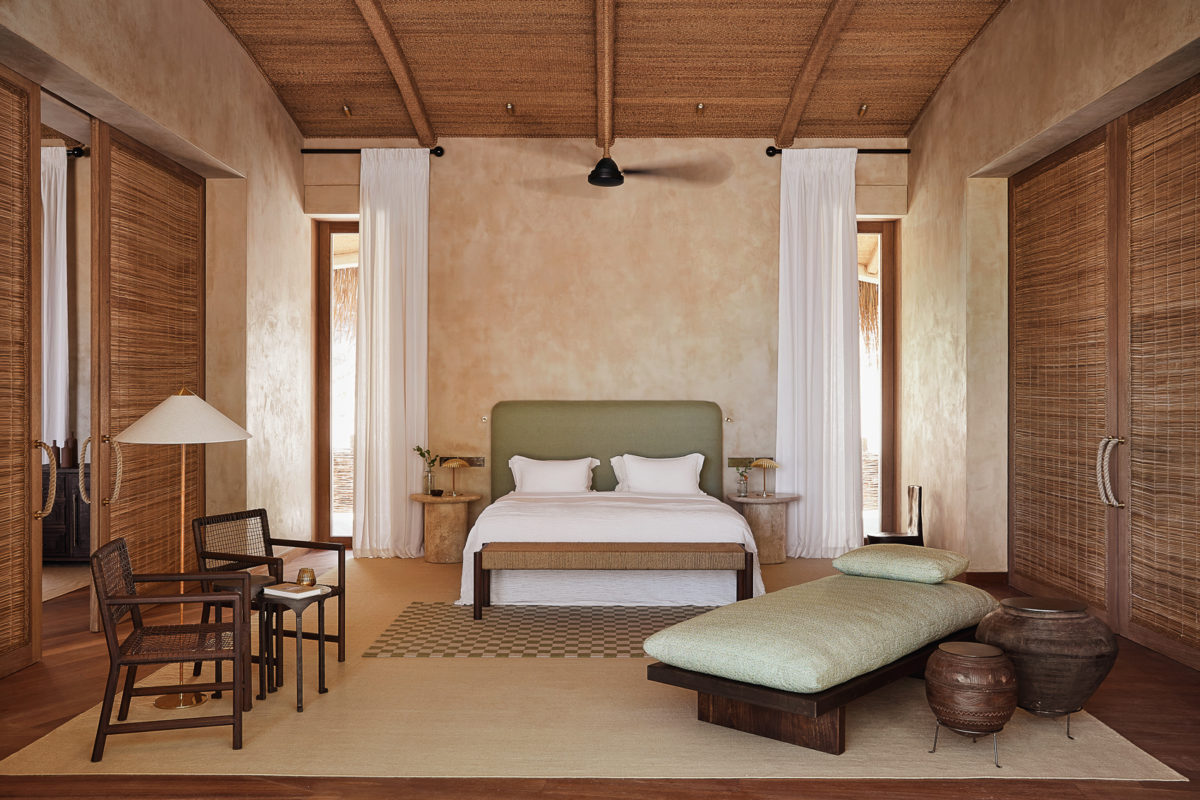
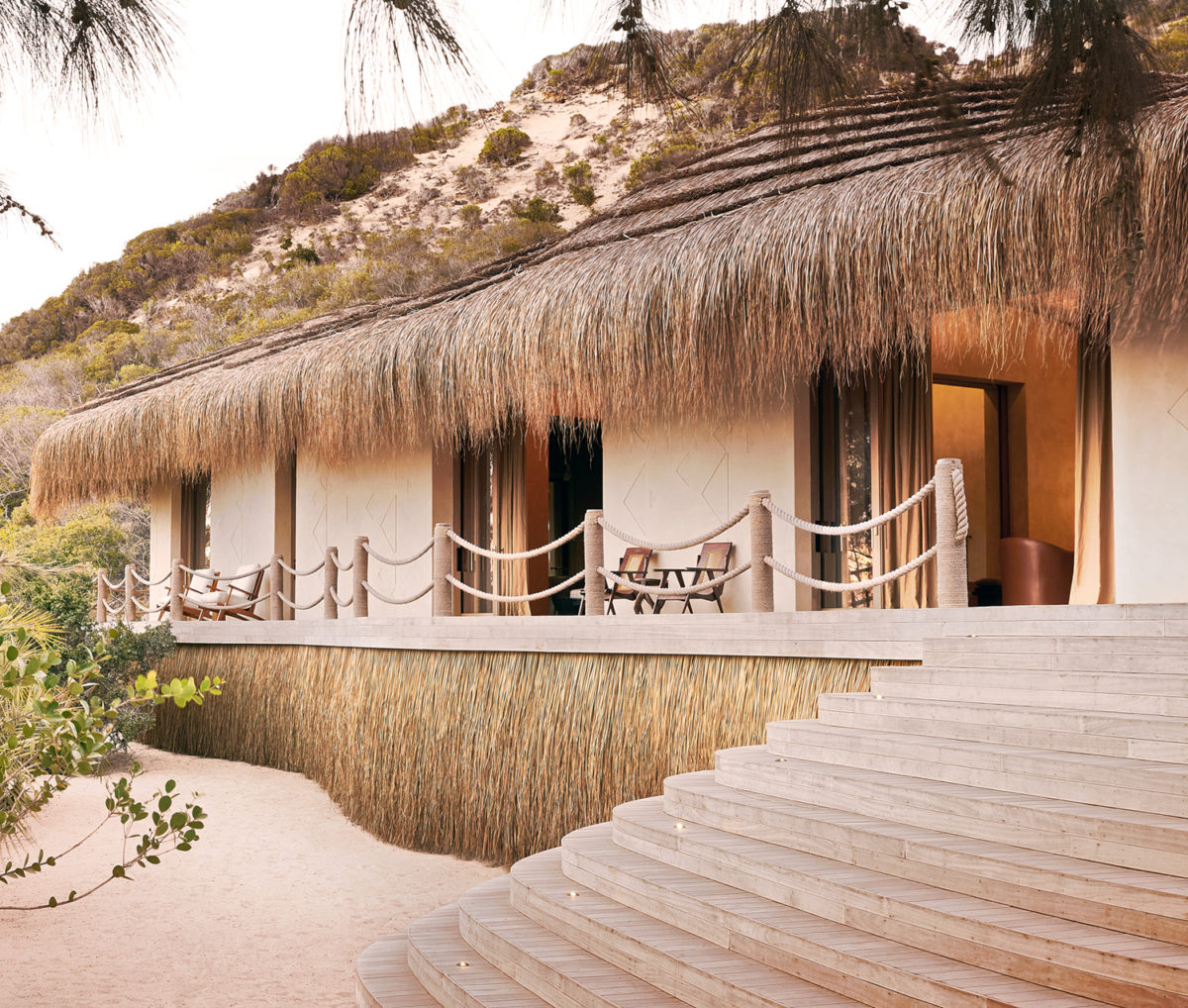
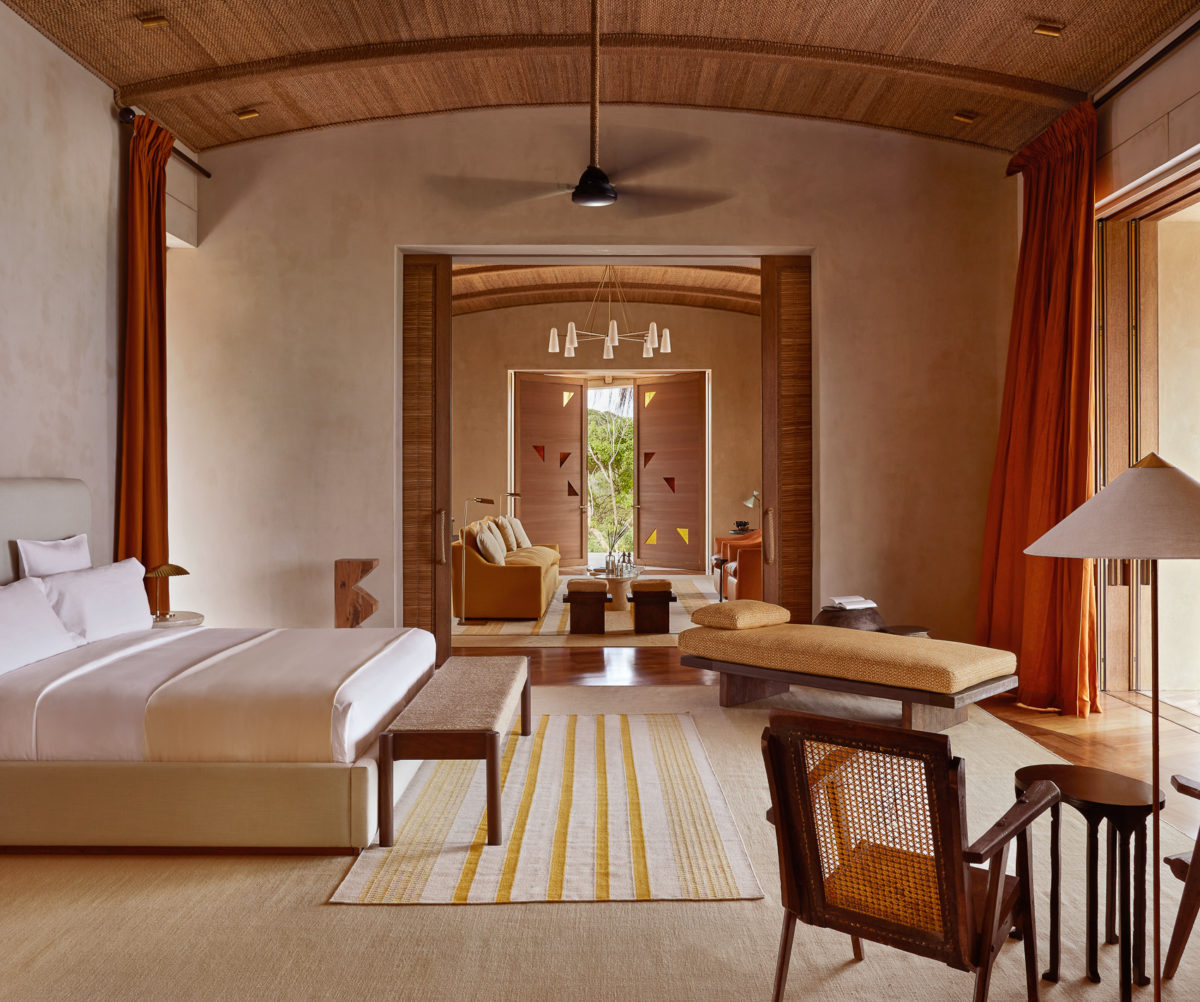
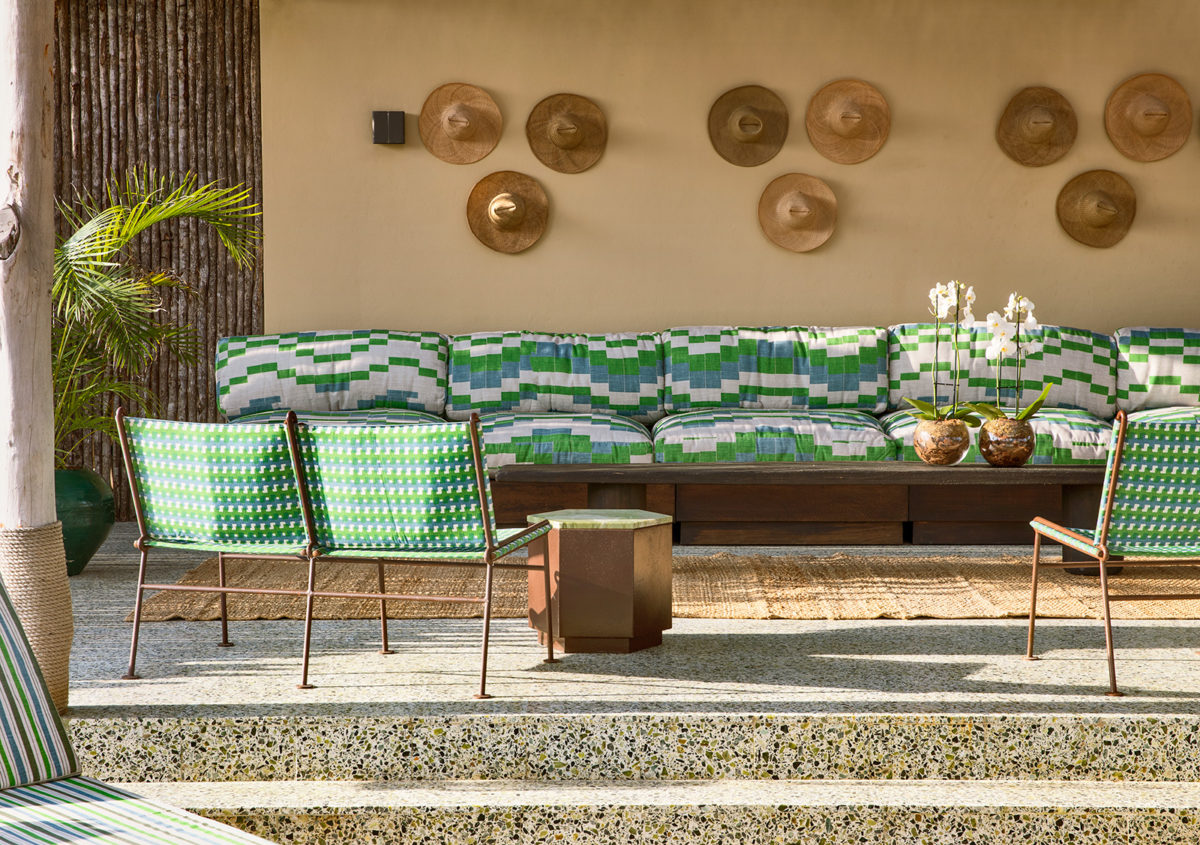
It’s undoubtedly one of the most interesting luxury resort openings of the year, but Kisawa Sanctuary’s launch hasn’t only been impacted by the pandemic. In recent months, reports have emerged of terrorist attacks in Mozambique. The Kisawa team, however, points out that these are confined to the northernmost tip of the country, in Cabo Delgado Province, and that the distance between the resort and this territory is similar to the distance between London and Athens. Twice the size of Italy, Mozambique stretches 1,500 miles from its northern border with Tanzania to its southern border with South Africa.
Also potentially incongruous to some is that Nina Flohr was for years creative director to the private-aviation business VistaJet, founded by her father. That company has, however, also made its own significant efforts towards increasing its sustainability in recent times. More than a year ago, it released a white paper detailing initiatives it would undertake to lessen its environmental impact. Last year, over 80% of VistaJet members offset their CO2 emissions and yesterday the company announced it was committing to achieving carbon neutrality by 2025, 25 years ahead of current industry goals.
